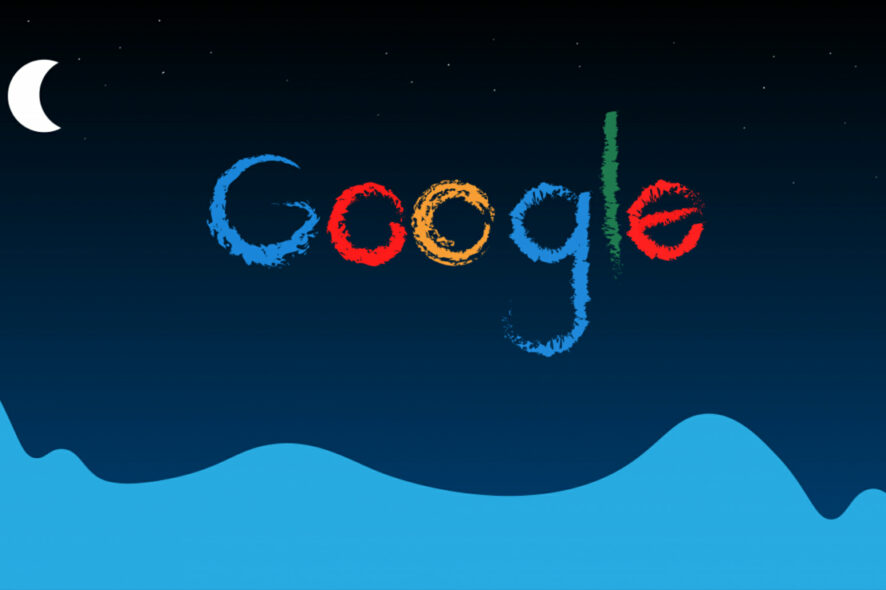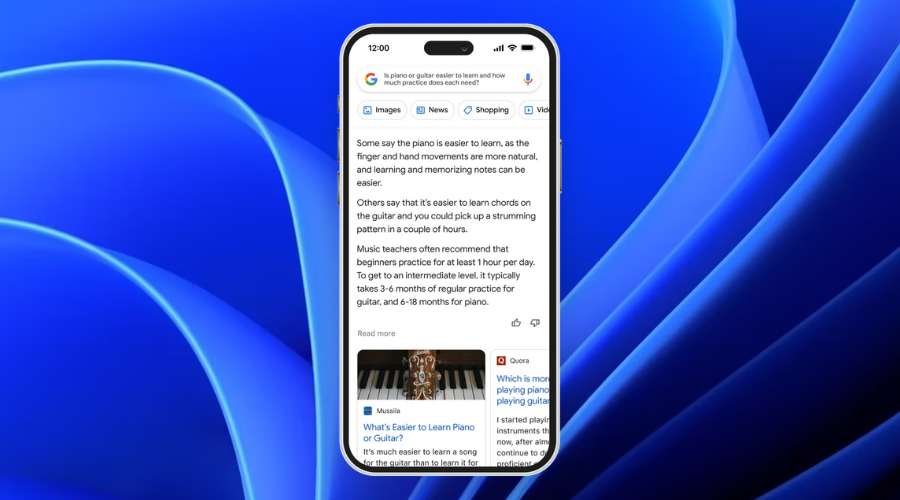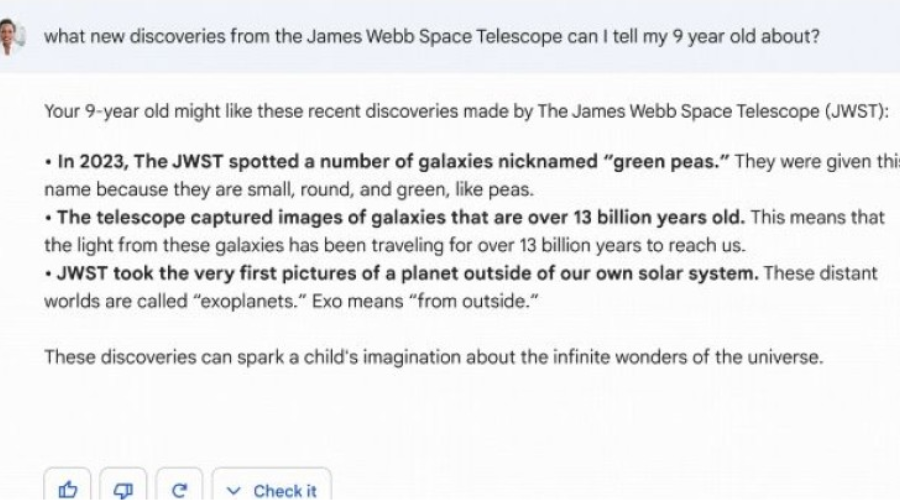BARD: What's new in Google's AI war against Microsoft?
Google and Microsoft are headbutting each other in the AI war.
5 min. read
Updated on
Read our disclosure page to find out how can you help Windows Report sustain the editorial team. Read more
Key notes
- Microsoft isn't the only company to integrate open AI chatbots into its software.
- Google has just announced BARD and it plans to rival Microsoft's own ChatGPT.
- The AI chatbot is still under testing and will be released in about two weeks' time.

Remember when we told you that Microsoft is gearing up to launch the new open AI ChatGPT chatbot for its Bing search engine?
Back then, we also shared that, according to Statcounter, Google has a 92.21% share of the market as of December 2022, while Bing only has about 3.42%.
It appears that Google didn’t want to take any changes, which is why it introduced BARD to the world, its very own chatbot.
We’re going to take a closer look at this situation and see how these two AI chatbots compare to each other since the competition is so steep.
Google’s BARD chatbot is currently being tested
In case you weren’t up to speed, conversational AI services such as ChatGPT are becoming an absolute must-have these days.
Its users, whether they want answers to a medical question or a serviceable 800-word essay on existentialism, this new type of AI service will find the information on the internet and bring back remarkable content.
What makes it stand out the most is the way it relays the content back to users, which is a very human-ish way, some would say.
Now, over two months since the official launch of the ChatGPT chatbot, Google is announcing its own promising competitor.
According to the most recent company blog post, Google’s CEO Sunder Pichai announced BARD, a new conversational chatbot that will incorporate Google’s Language Model for Dialogue Applications (LaMDA) to power its answers to questions and inquiries.
When the online demo of Bard offered incorrect information on the James Webb Space Telescope, many felt that Google was trying to rush out a product in order to compete with OpenAI’s ChatGPT service.
That opinion was even shared by many Google employees. Now a new CNBC story claims the leader of the team developing Bard is trying to pivot away from the chatbot as a replacement for Google Search.

Reports that Google held an all-hands meeting earlier this week, where it mentioned that the big first application should be Search, which at its heart is about finding true information.
Google’s Jack Krawczyk reportedly answered by saying Bard is not a search engine. He said that Bard is supposed to be used as a creative companion.
While the Google development team is working to improve answers when Bard is used to finding information, he added Google is already a search engine.
Google’s CEO Sundar Pichai was also reportedly at the all-hands meeting, where he responded to a question from its forum with the unnamed employee saying it felt that Bard was a knee-jerk reaction without a strategy.
The Google official stated that Bard will not only be able to handle answers to simple questions, like Google’s current search engine can do already.
It can also handle more complex inquiries, such as asking how to give information on the discoveries of the James Webb Space Telescope to a nine-year-old, for example.
Bard also comes with thumbs-up and thumbs-down logos, so you can rank the answer that is given to you, apparently.
Furthermore, you can also apparently go deeper into that answer by clicking on the Check it option, if you need a bit more info.

You should know that the first public version of Bard will launch with, what people over at Google called a lightweight model version of LaMDA (Language Model for Dialogue Applications).
Apparently, this will reportedly use less computer power so that Google can get more feedback from a wide range of users.
We won’t get it right away, however, since Bard is currently in testing now and will go live to the general public sometime in the coming weeks.
Now, people are asking themselves if Bard will immediately replace ChatGPT as the main conversational AI service.
For the time being, Google is being a bit sensitive to criticisms that ChatGPT could be used as a vehicle for plagiarism, or even that its replies may not be accurate.
Moreover, the leading search engine giant also announced that they’re one step closer to developing a state-of-the-art speech AI model that could recognize 1.000 most spoken languages in the world. Dubbed the Universal Speech Model (USM), 12 million hours of speech and 28 billion sentences across over 300 languages are used to train the model.
The development of USM is a critical effort towards realizing Google’s mission to organize the world’s information and make it universally accessible. We believe USM’s base model architecture and training pipeline comprise a foundation on which we can build to expand speech modeling to the next 1,000 languages.
If you are already using ChatGPT and it’s not working, we can show you exactly what you need to do in order to fix the situation.
We’ll just have to wait and see what will happen with these two rival chatbots. Make sure to share your opinion on the matter with us in the comments section below.








User forum
0 messages